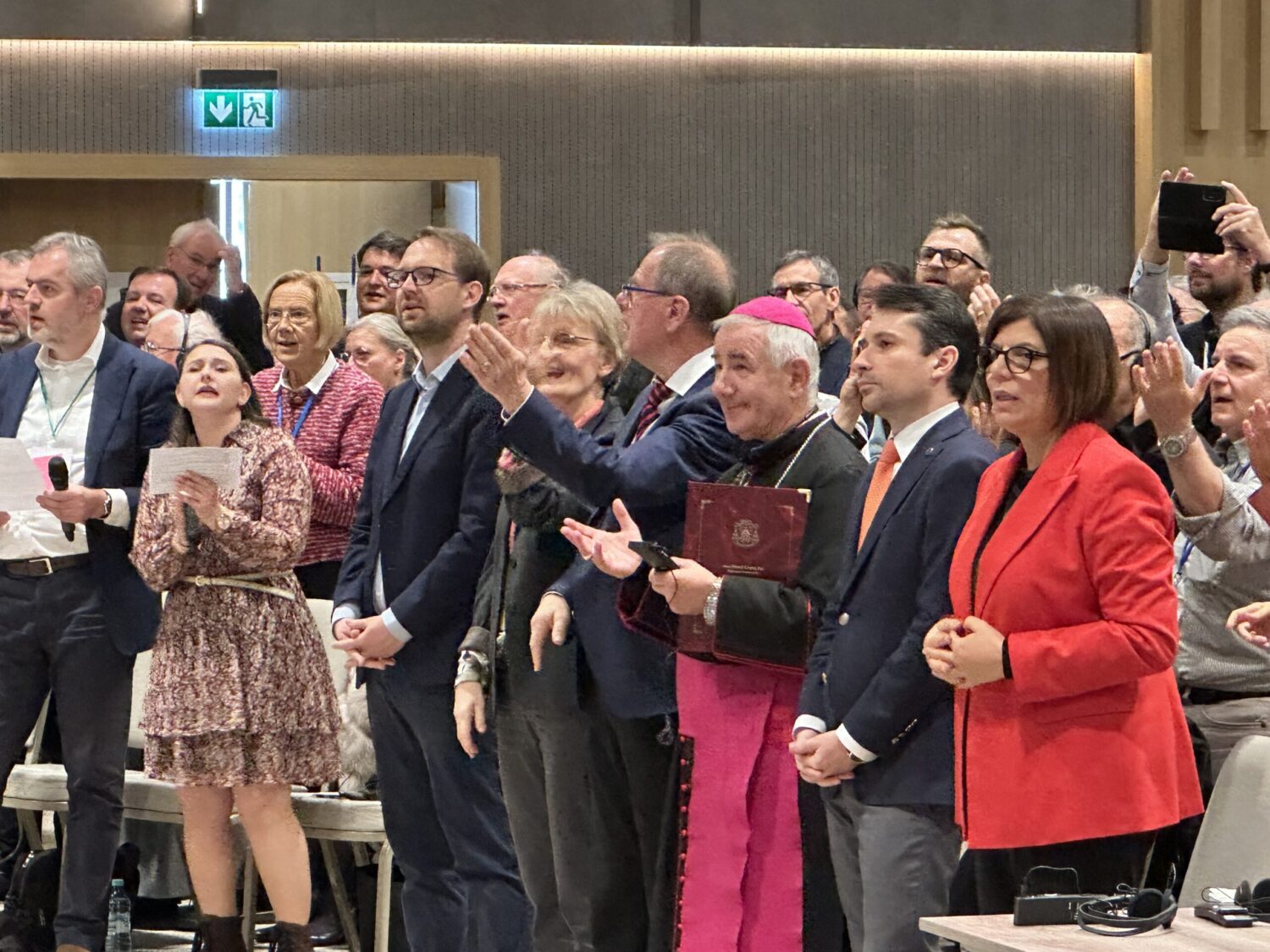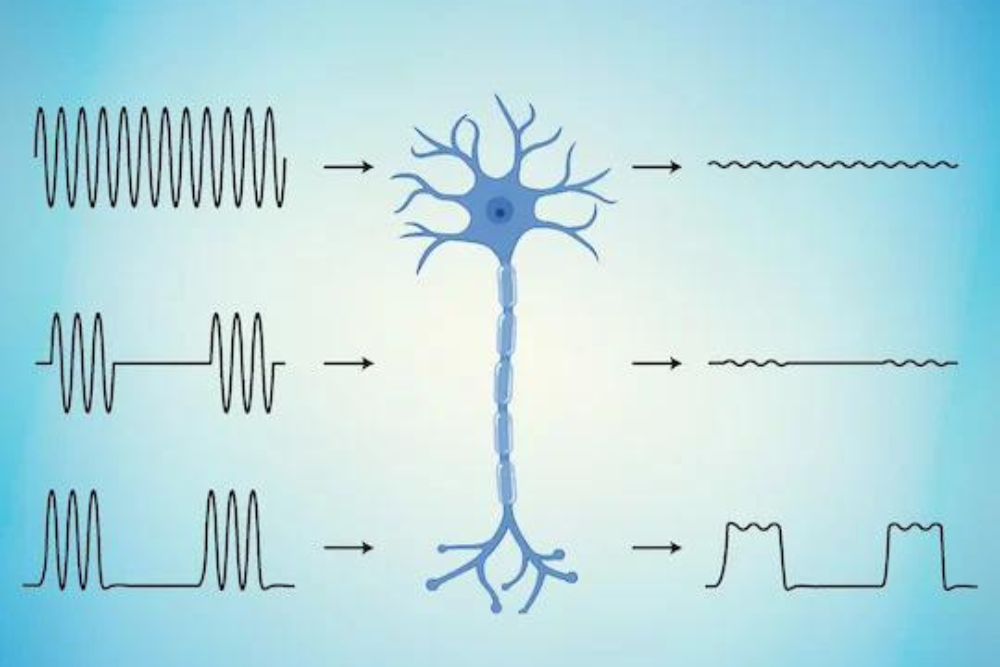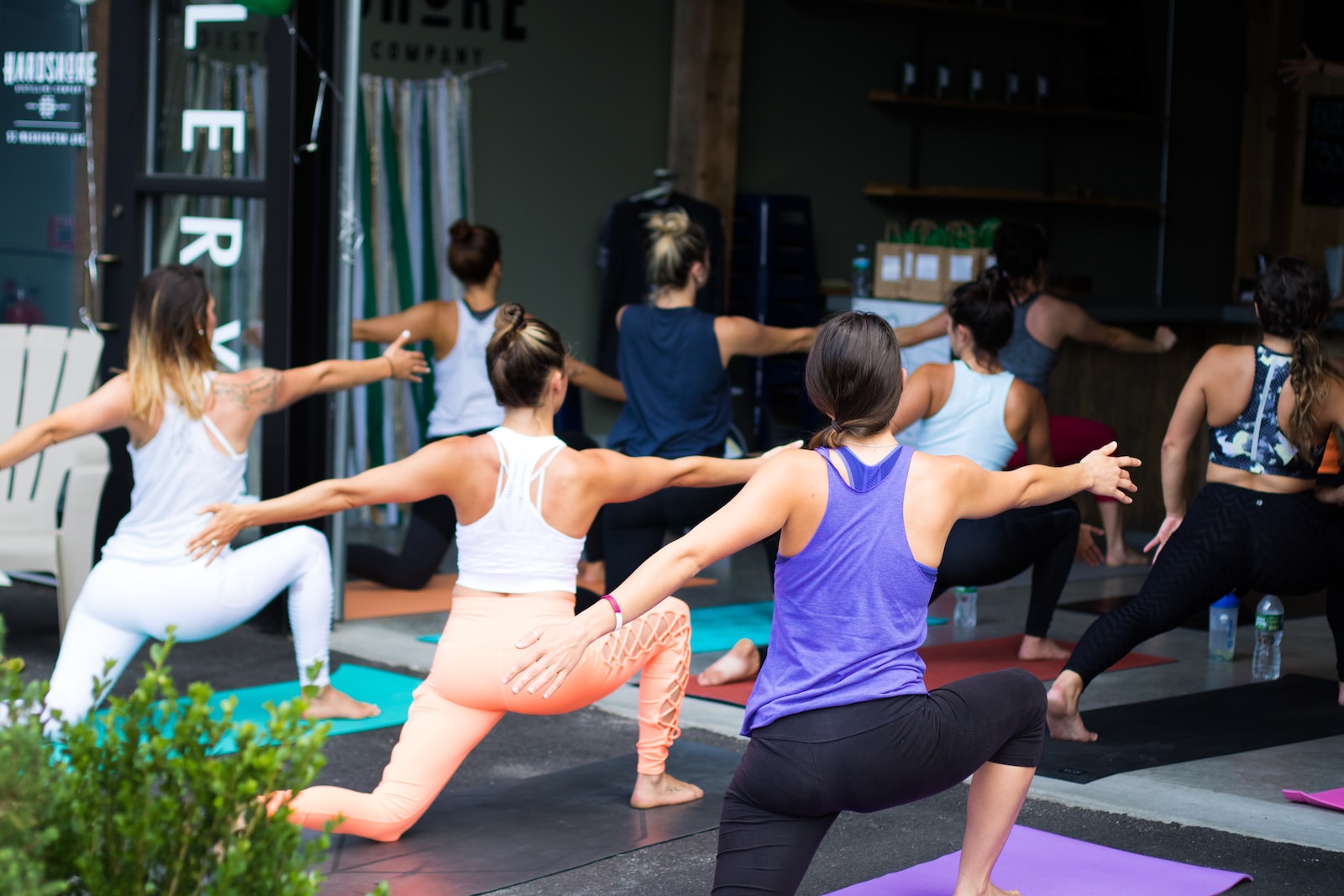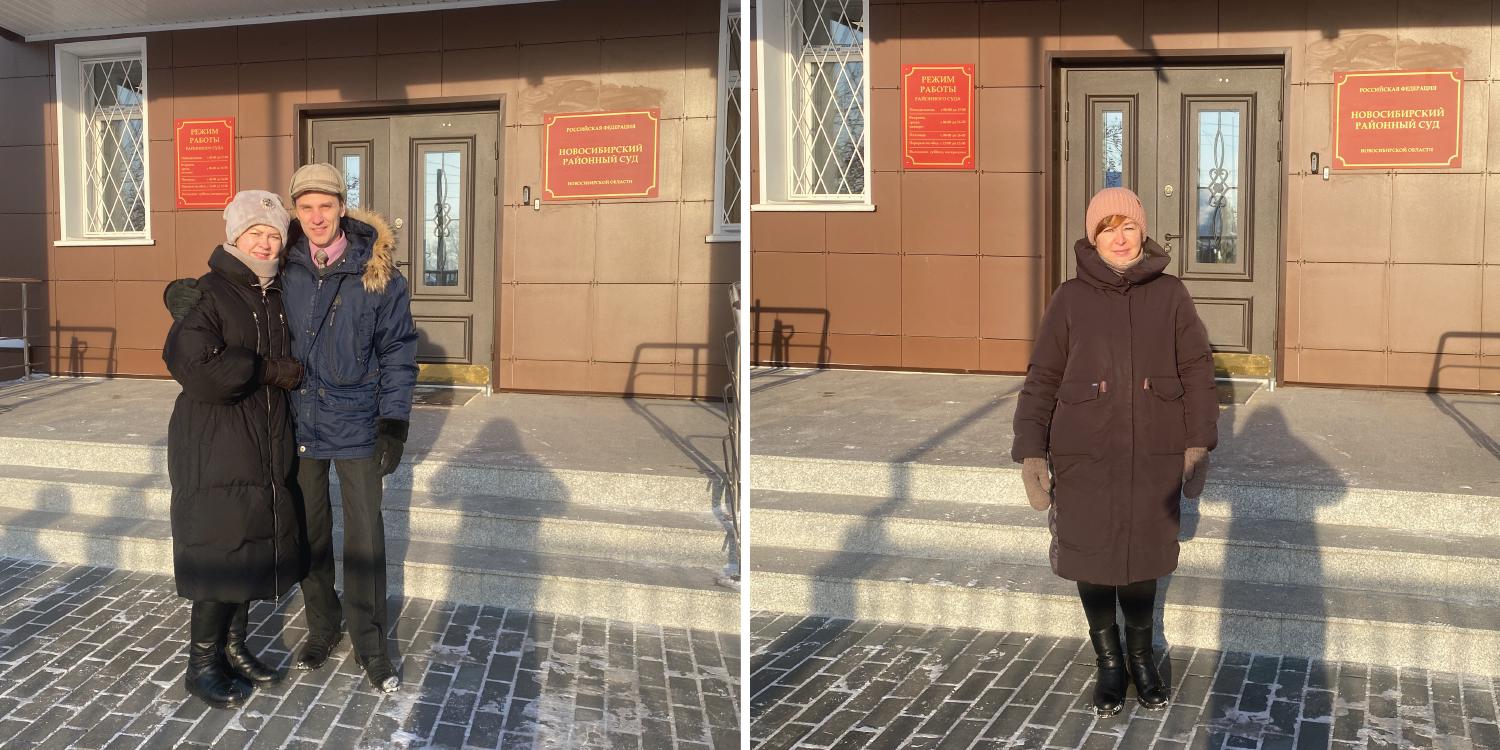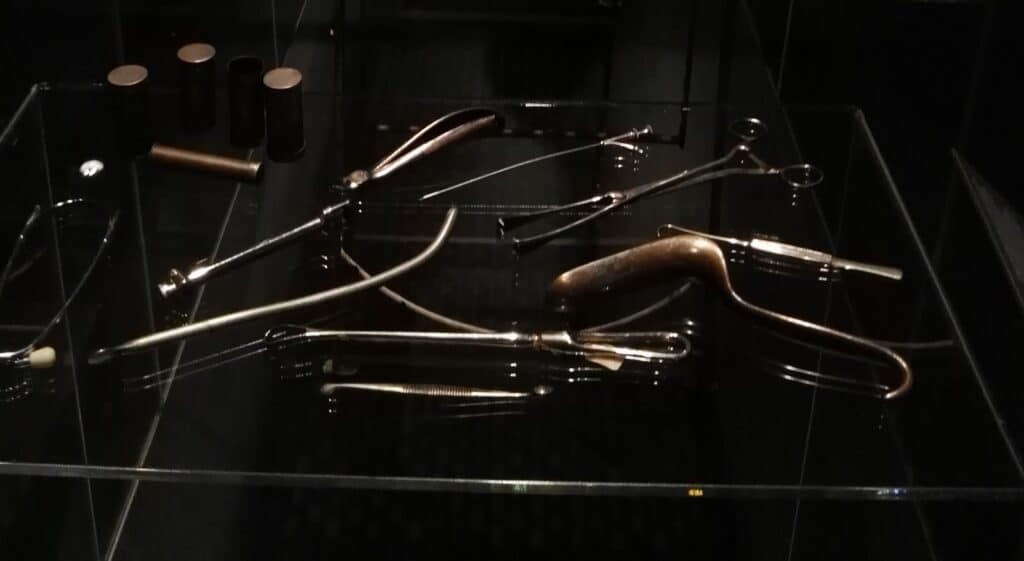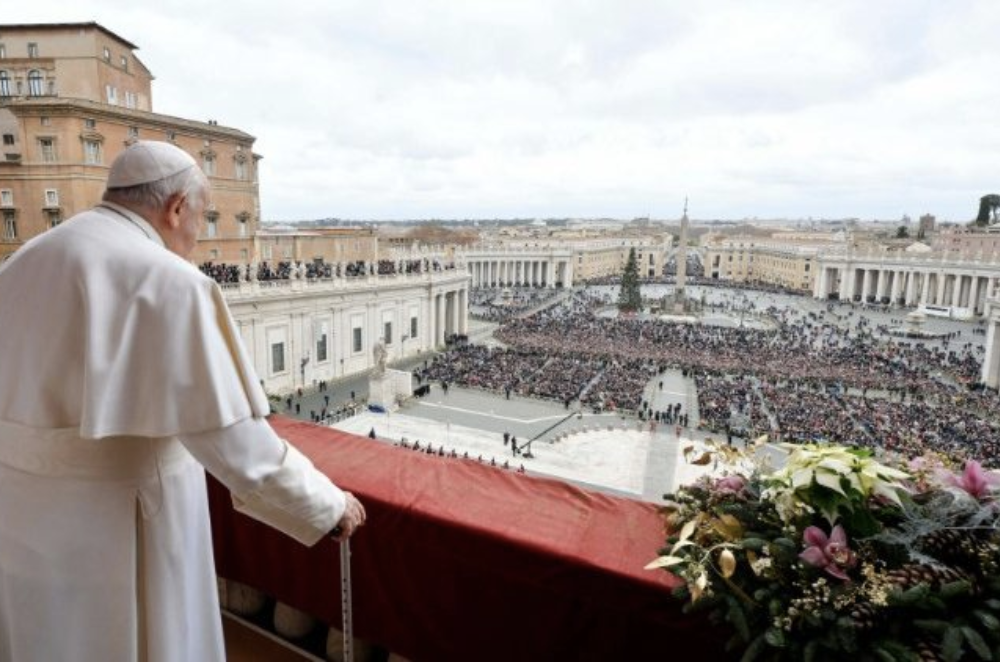By Martin Hoegger
Christian movements and communities have something to say about the future of Europe, and more broadly about peace in the world. In Timisoara, Romania, at the annual meeting of the “Together for Europe” network (from 16 to 19 November), we saw many examples of commitments driven by the “courage of hope”.
But it is difficult to speak of hope today when there is so much war and violence. To date, 114 million people have been displaced, and wars are the main cause.
“All this can fuel despair. But we are here today because we believe that Jesus Christ has conquered everything”, says Margaret Karram, President of the Focolare Movement.
Dialogue, the face of hope
In this context, “dialogue” seems an impossible word to pronounce, but it is the most effective face of hope. It says that I want to get closer, to be enriched by diversity, to go beyond fear. God is calling us to put brotherhood at the heart. We need united communities that bear witness to the Gospel.
In 2007, Chiara Lubich said that every movement is a response from the Holy Spirit to the collective night that Europe is going through. They build fraternal networks. M. Karram is convinced that the Spirit’s creativity will open new paths for us.
“God is calling us to give visible signs of communion that have their roots in heaven, but must be manifested here on earth. To do this, we need to practise dialogue, highlighting the positive aspects and charisms that animate the various communities. The dream of coexistence that integrates diversity cannot be delegated to institutions alone”, she says.
She concludes with a call to keep listening and to get down to work. The whole world, not just Europe, needs this hope.
Unity, a way of the cross
Ciprian Vasile Olinici, Romania’s Secretary of State for Culture and Religious Affairs, set aside his speech to improvise after M. Karram’s address. He is convinced that the movements united in “Together for Europe” are making an important contribution.
Their communion is essential, because it is a response to Christ’s prayer “That all may be one”! This prayer was given on the way to the cross. So unity is not a simple path. It is also what Europe has experienced.
“When God created human beings, he created a context, a garden. A context where there are relationships. So unity is not primarily a system of values, but a relationship between people,” he says.
Two values are fundamental for him: faith in Jesus Christ, as proposed in Scripture and defined by the Councils, and the answer to the question “who is my brother”? If Europe seeks the fuel of unity outside Christ, our role is to remind it of its history, which is also its future.
The courage to bear witness
A former prime minister of Slovakia, member of a charismatic community and of the “European Communities Network”, Eduard Heger is convinced of the impact of communities on society. They bring hope and are committed to reconciliation. In Slovakia, for example, they were the first to help refugees from Ukraine.
At a time when the number of Christians is falling and the Churches are lacking impact, E. Heger encouraged the assembly not to give up: “We have heard here that everything is possible for those who believe. Jesus has sent us to share the Gospel. May he give us the courage not only to live it by loving one another, but also to proclaim it, in order to bring about reconciliation”.
He concludes with an impassioned plea to bear witness to politicians: “Please get in touch with politicians, even if they don’t have faith – I myself was an atheist. Knock on their door 77 times 7 times until it opens”!
Unity in diversity
Hungarian Ilona Toth learned about harmony in diversity by playing in an orchestra. She had no idea that God was going to use this experience to live out unity in diversity as part of Together for Europe. She asks: “What can we do to make unity more open and dynamic, to heal our historical wounds? We’re only at the beginning in Eastern Europe. The communion between movements in “Together for Europe” is teaching me the art of living together”.
At the end of these rich days, two thoughts animate Gerhard Pross, the moderator of Together for Europe:
“Standing in the midst of our brokenness: In our brokenness, we look to Jesus crucified, who reconciled the world by entering into it. Reconciliation opens us up to life and to the future. But it is not easy and it costs us, because it implies repentance and forgiveness to be given or asked for.
“Connecting the fires of renewal in Europe”: What will the energy of the future be? The energy of houses with interconnected solar panels. We need the big energy producers, but we also need the small ones. The same goes for communities linking up with each other. Together for Europe is working to develop this network of spiritual energy.
Mustard seed!
With a heart full of joy, Josef-Csaba Pál, Catholic bishop of Timisoara, is confident that God has worked among us and in us during these days.
For him, the communities bear witness to the fact that relationships are the foundation of unity. But unity is not achieved in a day; we have to start working on it again every day. “We have been given the strength to move forward. With God all things are possible: let us ask him unceasingly to give us the courage to work for unity”.
Following in the footsteps of the apostle Paul, he reminds us that if we sow or plant, it is God who makes it grow. We have to do our part, but we don’t have to worry about the growth. That depends on God.
“When we see something beautiful developing in another community, we should celebrate it, encourage the good, especially the young. The kingdom of God is like a mustard seed… That’s my hope. May the Holy Spirit help it to grow!”
Martin Hoegger
More articles on the Together for Europe meeting:



